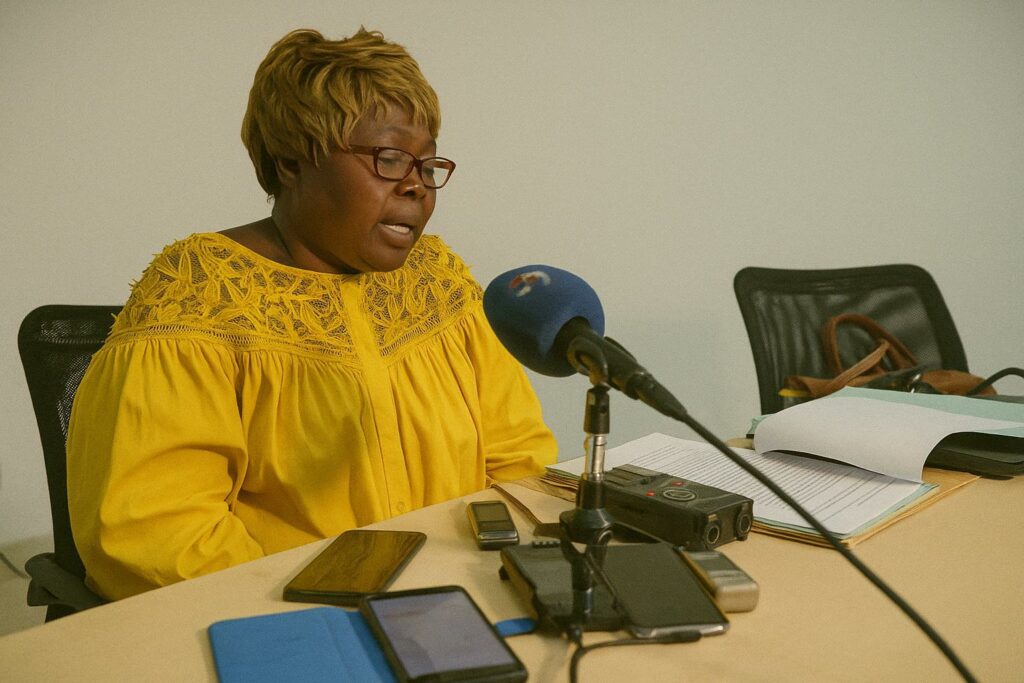A concession model forged in reform and revenue
When the Republic of Congo adopted its celebrated 2000 Forest Code, Brazzaville sought to reconcile biodiversity preservation with industrial expansion in a sector that still contributes roughly 6 % of GDP and more than 10 000 formal jobs according to the Ministry of Forest Economy. Fifteen-year concession agreements signed between 2004 and 2008 with companies such as Congo Dejia Wood Industry and Sino-Congo Forêts were widely hailed at the time as signalling regulatory certainty, foreign-exchange earnings and rural employment (FAO, 2019). Yet the expiry of those agreements between 2019 and 2023 has placed their renewal squarely at the centre of a legal and political conversation that now resonates far beyond the dense canopy of the Sangha and Likouala departments.
Provisional letters in the spotlight
In a recent note to the press, a coalition of non-governmental organisations led by the Observatoire congolais des droits de l’homme argued that several operators continue harvesting timber “on the basis of simple letters”, documents the coalition characterises as provisional authorisations lacking the force of a duly renegotiated convention. The NGOs invoke article 175 of the Forest Code, which prescribes an ex-post evaluation of concessions before any renewal. Their position is that anything short of a bilateral amendment counters the letter and spirit of the law.
Legal analysts at the University of Marien-Ngouabi point out that provisional permits are not unknown in Congolese jurisprudence; they constitute a bridging mechanism designed to avoid the abrupt suspension of activities that sustain local employment while a full audit is conducted. Nevertheless, the visibility of those letters, occasionally published on social media, has fuelled a perception—accurate or not—of regulatory opacity (Mongabay, 2022).
Government narrative of continuity and reform
Asked about the controversy during a parliamentary hearing in February 2024, Minister of Forest Economy Rosalie Matondo emphasised that “no operator is authorised to bypass environmental and social evaluations” and that provisional letters remain “strictly time-bound instruments allowing the administration to finalise compliance checks” (Les Dépêches de Brazzaville, 2024). Officials add that since 2020 the ministry has suspended or revoked 12 concessions that failed to meet legal benchmarks, an assertion corroborated by the latest Independent Forest Monitor report financed by the European Union.
Brazzaville’s broader strategy hinges on three pillars: the ongoing alignment with the Central African Forest Initiative, the forthcoming revision of the Forest Code to integrate carbon-market provisions, and the operationalisation of the national satellite forest-monitoring system. In late 2023, Congo-Brazzaville also initialled a Voluntary Partnership Agreement with the EU under the FLEGT framework, a step that commits all timber exports to legality assurance by 2026.
Civil society’s diplomatic choreography
The language chosen by the NGO coalition is notably tempered. Contrary to confrontational campaigns witnessed elsewhere in the region, the signatories underscore their “availability to work with the administration”. Behind the scenes, several diplomatic missions in Brazzaville view the measured tone as evidence of a maturing governance ecosystem in which critique can be articulated without jeopardising constructive relationships. A senior Central African diplomat describes the dynamic as “consensual contention—a way of keeping all parties at the table”
For international partners, the episode offers a test case for the credibility of Congo-Brazzaville’s climate commitments. The country is already a signatory of the Glasgow Leaders’ Declaration on Forests and Land Use, and it hosts part of the Cuvette-Ouest peatlands, the world’s largest tropical carbon sink. Missteps in concession renewal could complicate future access to climate finance, yet swift, transparent resolution would reinforce Brazzaville’s profile as a reliable custodian of global public goods.
Economic stakes and investor sentiment
Timber exports remain the second-largest source of foreign currency after hydrocarbons. Chinese-owned mills along the Corridor 1 road to Pointe-Noire alone process more than 600 000 m³ of logs annually, according to customs data. Investors therefore watch the permitting debate carefully: prolonged uncertainty could depress capital outlays for kiln-drying facilities and veneer lines scheduled under the government’s ‘Wood Transformation 2025’ plan. Yet, paradoxically, a reputational boost from demonstrated legal compliance could unlock concessional credit from multilateral lenders increasingly sensitive to ESG indicators.
Economic planners at the Ministry of Finance calculate that each additional percentage point of local processing rate raises national value added by roughly CFA 30 billion. Ensuring that renewed concessions incorporate binding transformation clauses, as civil society requests, would thus dovetail with Brazzaville’s ambition to shift from a log-export model toward higher-value products.
Toward a shared architecture of legality
Both government and NGOs appear to converge on one principle: legality must be traceable, codified and socially legitimate. Diplomats stationed in Brazzaville quietly suggest that the current debate offers an opportunity to pilot a multi-stakeholder review mechanism blending field audits, satellite imagery and community testimony. Such an approach would resonate with regional commitments under the Treaty of the Central African Forests Commission and position Congo-Brazzaville as an incubator of best practices.
As the rainy season gives way to the dry months when logging roads reopen, attention now shifts to the Council of Ministers where any amended concessions will ultimately be endorsed. Should the executive swiftly translate evaluations into formalised addenda, it will not only answer civil society’s legal concerns but also cement investor confidence in the republic’s long-term forestry vision. In a landscape where giant kapok trees can live for centuries, the measure of governance may equally be judged by its capacity to think beyond the next harvest cycle.

